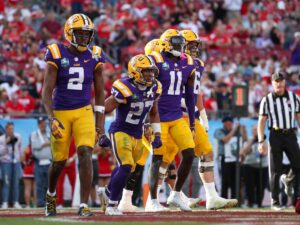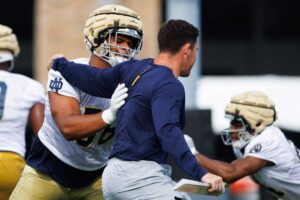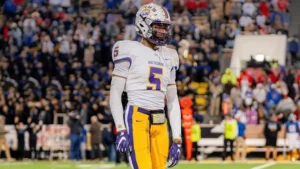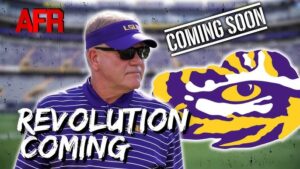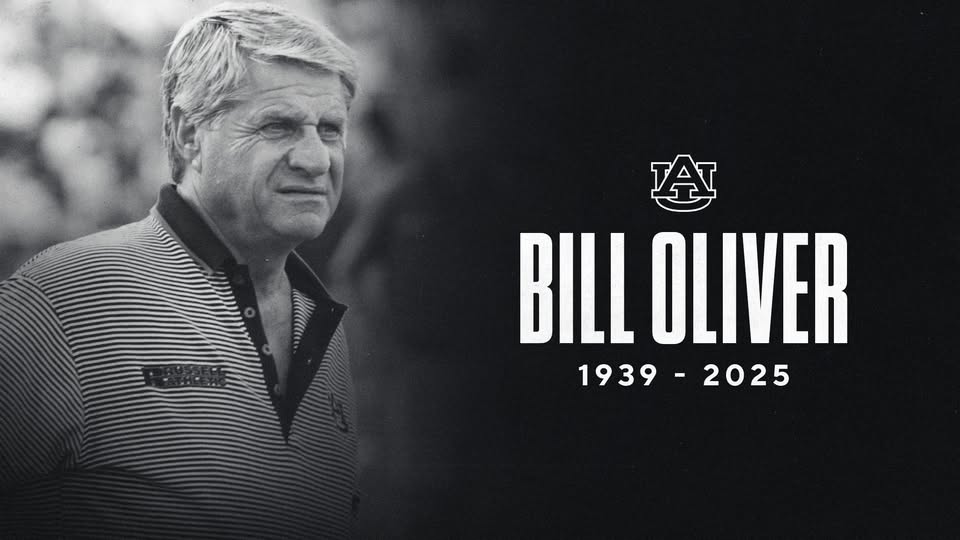
Honoring Bill “Brother” Oliver: A Defensive Legend and Respected Leader
Bill “Brother” Oliver, who passed away on April 14, 2025, at the age of 85, left an indelible mark on American football through his exceptional coaching career, particularly in the Southeastern Conference (SEC). His legacy is defined not only by his strategic prowess and defensive innovations but also by his unwavering commitment to mentorship and leadership.
Early Life and Playing Career
Born on November 1, 1939, in Epes, Alabama, Oliver’s football journey began at the University of Alabama, where he played as a defensive back under the legendary coach Bear Bryant from 1959 to 1961. During his senior year, Oliver contributed to Alabama’s national championship victory, showcasing his defensive skills and understanding of the game.
Coaching Career: A Legacy of Leadership
Oliver’s coaching career spanned several decades, during which he became renowned for his defensive expertise and leadership. He started as a high school coach in Alabama before joining Auburn University in 1966 as a secondary coach under Coach Ralph Jordan. His tenure at Auburn was marked by significant achievements, including the development of a secondary that became one of the nation’s best. Under his guidance, players like Buddy McClinton and Larry Willingham excelled, with McClinton earning consensus All-American honors in 1969 and setting Auburn’s career interception record .
In 1971, Oliver returned to Alabama, where he continued to build his reputation as a defensive strategist. He served as the defensive backs coach until 1979, further solidifying his status in the SEC.
Oliver’s head coaching journey began at the University of Tennessee at Chattanooga, where he served from 1980 to 1983. His leadership led the team to a commendable 29–14–1 record during his tenure .
Following his time at Chattanooga, Oliver took on roles with the Memphis Showboats in the United States Football League (USFL), Clemson University, and returned to Alabama as a defensive backs coach in 1990. In 1993, he was promoted to defensive coordinator, a position he held until 1995. His defensive schemes were instrumental in Alabama’s success during this period.
In 1996, Oliver became Auburn’s defensive coordinator, leading a unit that was ranked first in the SEC in total defense and fifth nationally . After the resignation of head coach Terry Bowden in 1998, Oliver served as Auburn’s interim head coach for the final five games of the season, finishing with a 2–3 record .
Coaching Philosophy and Impact
Oliver’s coaching philosophy emphasized understanding the game from all perspectives. He encouraged his players to not only master their positions but also to comprehend the roles of their teammates, fostering a cohesive and intelligent defensive unit. His approach was characterized by discipline, attention to detail, and a deep understanding of the game, which he imparted to his players.
His defensive strategies were innovative for their time, often employing aggressive coverage schemes that challenged opposing offenses. Oliver’s ability to adapt and implement effective defensive tactics made him a respected figure in college football coaching circles.
Legacy and Recognition
In recognition of his contributions to the sport, Oliver was inducted into the Alabama Sports Hall of Fame in 2013. His legacy lives on through the success of his players and the respect he garnered from colleagues and opponents alike.
Bill “Brother” Oliver’s impact on college football is immeasurable. Through his strategic brilliance, leadership, and dedication to his players, he shaped the defensive landscape of the SEC and left a lasting legacy that continues to inspire. His commitment to excellence and mentorship ensures that his influence will be felt for generations to come.
